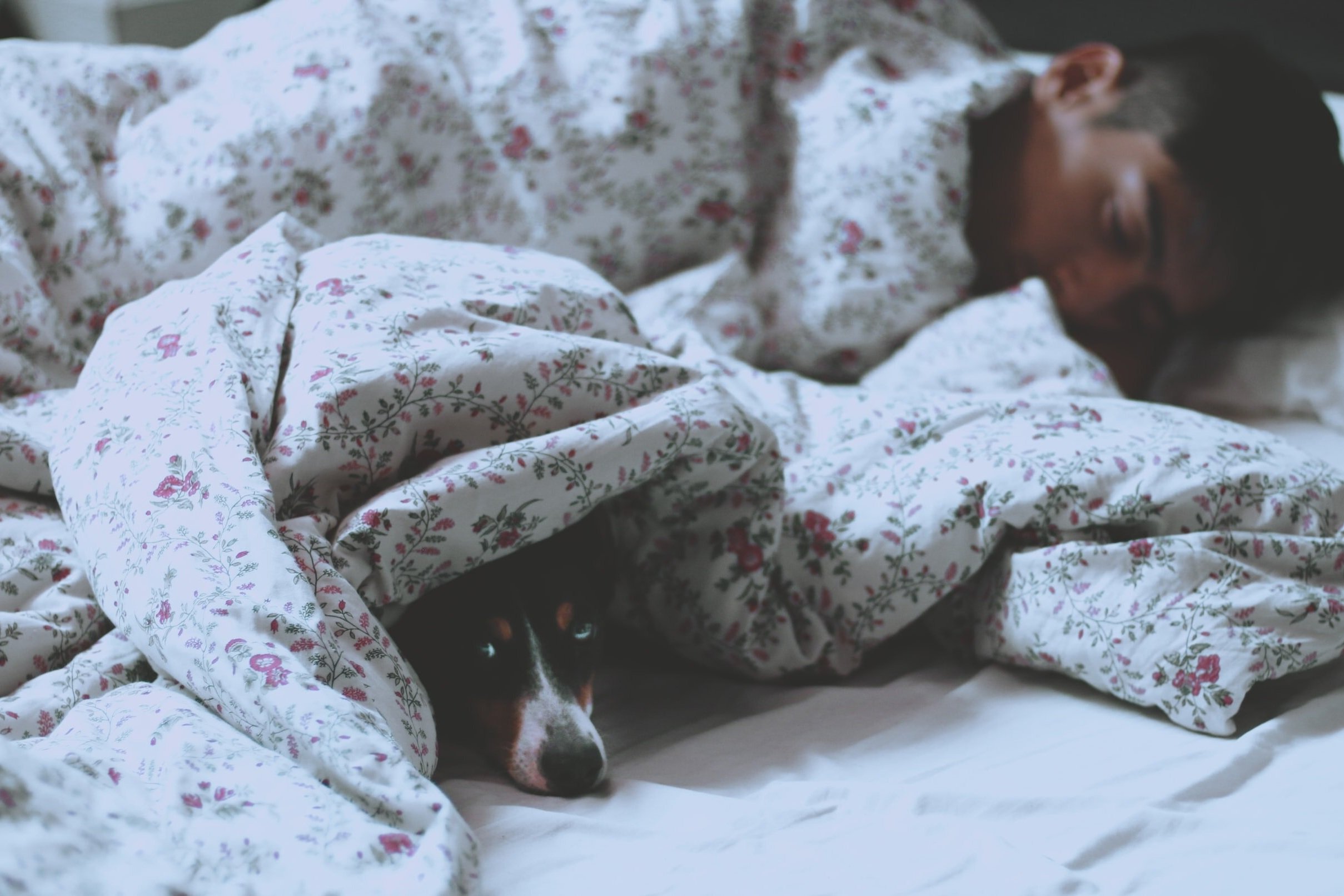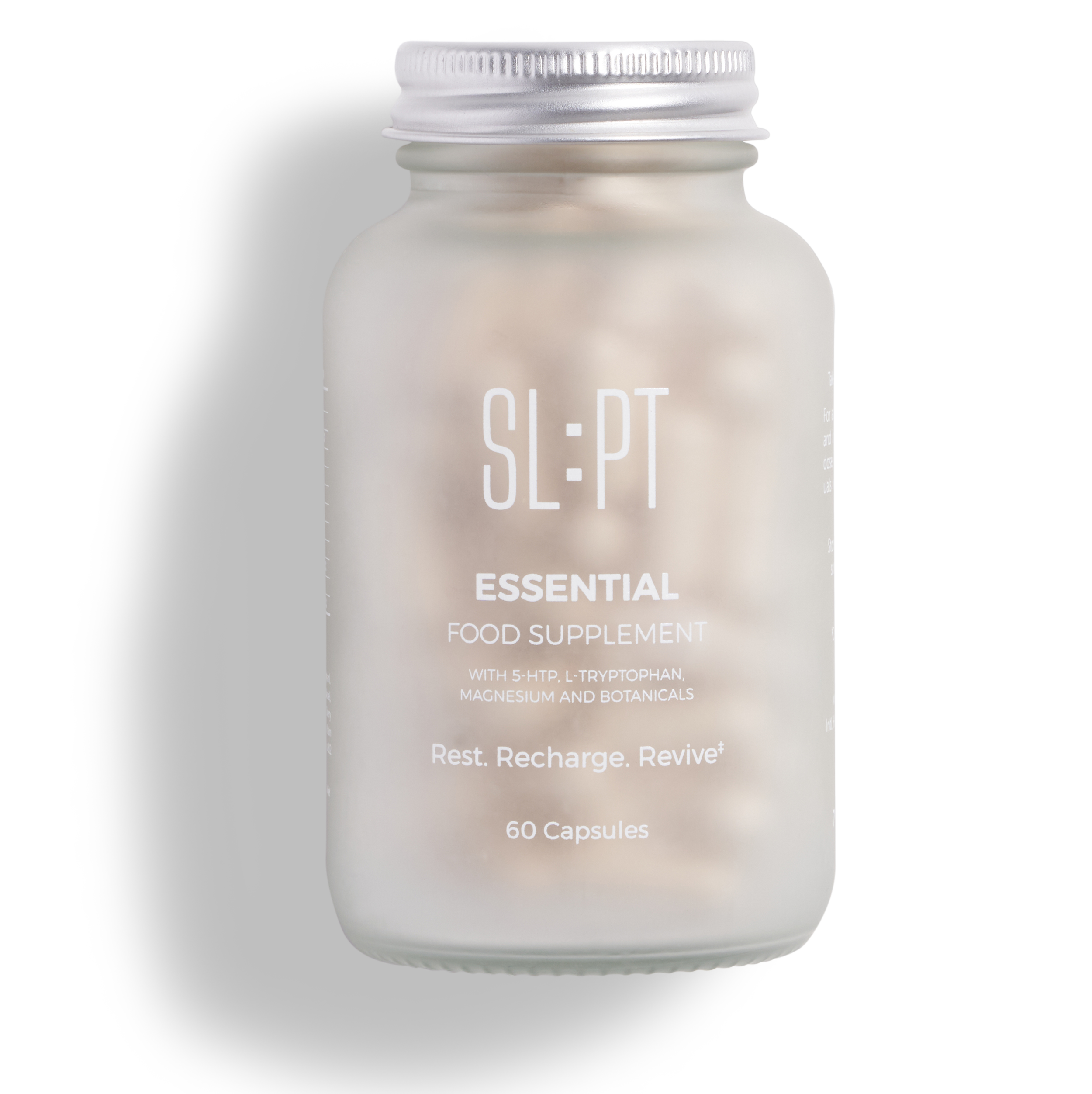How to Create a Perfect Night-time Routine for Getting Great Sleep
Many of us use a morning routine to help us start our day on the right foot. Whether it is enjoying a coffee, catching up with the news, hitting the gym or incorporating a morning meditation, most of us have some kind of routine to help set us up for the day ahead. But why do so few of us apply the same positive habits and principles to our night-time routine?
Sleep provides us with so many health benefits; when we are well-rested, we give ourselves the greatest opportunities of being the best versions of ourselves each day. So, developing a night-time routine will help give you a great chance of improving your sleep and banishing insomnia. Here are some tips to help you create a night-time routine that will improve your sleep and help in the struggle with insomnia…
Make Time for Sleep
A simple suggestion (and perhaps an obvious one) but allowing for the right amount of time for sleep is a great starting point. If you don’t schedule it, don’t be surprised when you don’t get enough of it. If you are a seven-hour kind of person (rather than an eight-hour person like me), then be sure to hit the hay at 11 pm to be refreshed and ready to go for that 6 am alarm call.
It’s worth remembering that the recommended hours of sleep we should be getting is between 7 to 8 hours, although it can be slightly different for everyone. If you compromise the sleep that your bodies and minds need, you also compromise the health benefits they intend to deliver.
Leave Work at Work
Our modern work lives have spread into our home lives, blurring the lines between uptime and downtime. This is even more prevalent during the global pandemic where many of us are working from home.
Developing a routine to switch off from office mode is more important than ever. Stopping work several hours before bedtime will help you unwind and drift off with less anxiety. The desire to keep plugging away, at that never-ending to-do list, will be counterproductive. If you get better sleep, you will perform better and ultimately be more effective in your work.
This is a topic we will cover more comprehensively in future articles. Subscribe to our newsletter to be sure to receive all of our great articles and advice for getting better sleep. A few ideas for you to consider in the meantime:
Unplug: literally, unplug that laptop, and turn off that work mobile.
Remove Apps: keep that personal phone as it was intended, personal. Remove work-related email, communication or chat apps.
Plan: not the work kind, but the personal ones. When we have scheduled time for; our hobbies, and non-work activities, we help your brains fully unwire from work stresses.
Be Mindful of your Intake
Sleep can be influenced by our daily diets. Certain foods and beverages will hinder our ability to sleep, while others will help promote healthy sleep.
Our frequent companions caffeine and alcohol commonly cause issues with our sleep. Being mindful of our consumption will help us sleep when the time comes. Caffeine especially can play havoc; the average half-life of caffeine is around 6 hours. So, in simple terms, half of that late afternoon vanilla caramel latte will likely be in our system come 10 pm; no wonder we can’t drift off at night.
Conversely, being mindful that certain nutrients within our foods will help improve your sleep chances through the night. Our bodies need a balance of nutrients to help produce crucial sleep-inducing hormones. Foods containing magnesium (almonds, cashews, spinach, beans), natural melatonin (tart cherries, eggs, milk, fish), and proteins with tryptophan (turkey, chicken, tuna) have all been shown to help with sleep.
Our range of Sleep supplements combines a blend of vitamins, minerals, and botanicals to support the production of sleep-inducing hormones. Shop our range of products supporting natural & healthy sleep.
Stay Active
We all know diet and exercise help us live longer and healthier lives. This idea also applies to sleep. Thirty minutes of exercise can help us sleep better and address sleep problems. It’s best to finish your workout 2-3 hours before your bedtime though, as vigorous exercise right before bed can raise your heart rate and your temperature, making it harder to fall asleep. A recent study found that night-time exercise can be associated with sleep issues.
It’s Bedtime, Be good!
Being good before bedtime is not just for children. Bad habits before bed can really harm your chances of drifting off at night. Avoid using technology 30 minutes before bed so put down that mobile or tablet and give yourself a break from that Netflix show. If you have read our article on the perfect sleeping environment, then we don’t need to lecture you about how important your sleep environment will be to your night’s sleep. If you missed it check it out here.
So good habits right before bed will increase your chances of a great night’s sleep. Calming activities such as reading a book, listening to calming music, meditation, or a hot shower or bath have all been shown to improve your sleep. Incorporating sleep aids such as pillow sprays, and diffuser oils which contain lavender has been shown to help relax and maintain sleep.










Our ultra soft 100% cotton eye mask is the perfect accessory for supporting a great night's sleep.